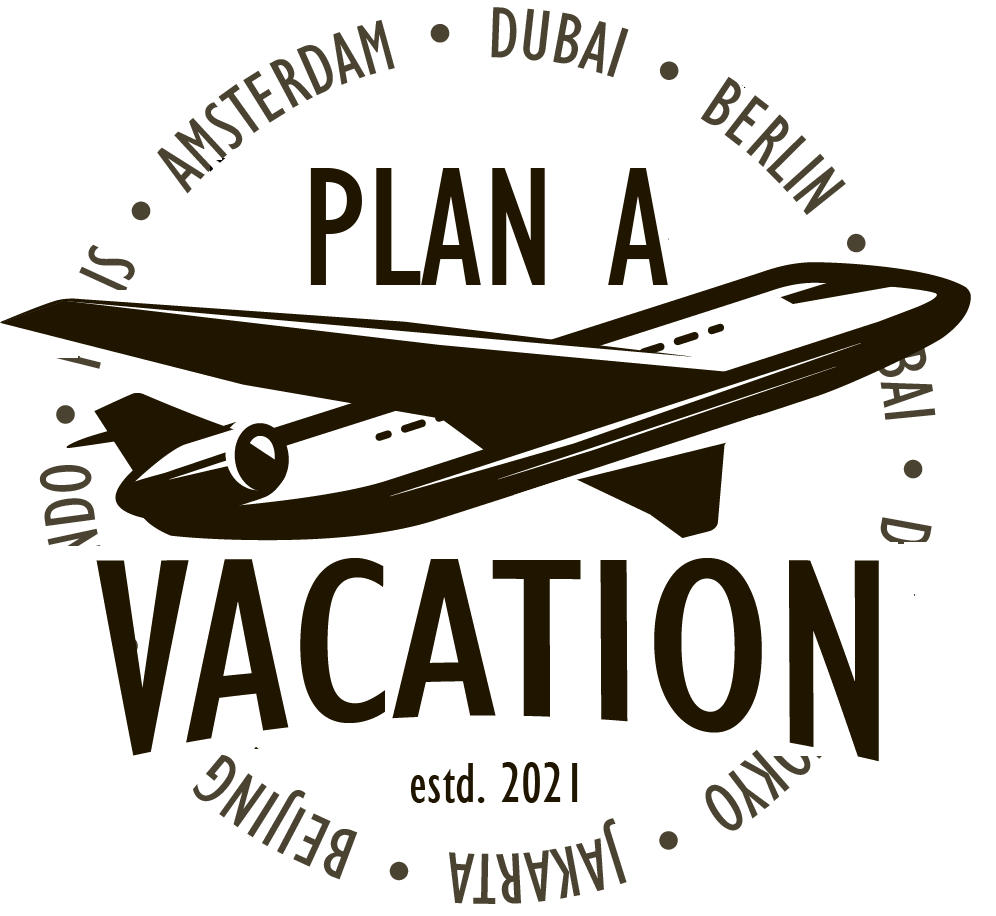Russia
Overview
Russia is a country that has played many roles in history. Both European and Asian, it has often been seen as a mixture of East and West. From its beginnings as a tributary of the Mongols to its later role as one of the major superpowers of the Cold War, Russia has consistently been a player on the world stage. A massive country composed of many different peoples, Russia is a sizable country that has a huge impact on the international community.
Search for Flights
Do Some Light Reading
Quick Facts about Russia
- Russia was once part of the Mongolian Empire known as the Khanate of the Golden Horde.
- Russia encompasses nine time zones.
- Lake Baikal in Russia is the deepest lake in the world.
- More billionaires live in Moscow than anywhere else in the world.
- The name Russia literally means 'Land of the Rus'.
Borders
The massive size of Russia means that it borders fourteen different nations - the most in the world. Russia borders on its west and southwest Azerbaijan, Belarus, Estonia, Finland, Norway, Latvia, Lithuania, Poland Ukraine, Georgia and Kazakhstan. To its south, it borders China, Mongolia and North Korea. Russia also shares sea borders with both Japan and the United States.
Area
Russia is the largest country by area in the world. At 6.6 million square miles, it's almost three million square miles larger than the second-ranked country, Canada.
Russia actually covers about one-eighth of the total surface of the Earth, though it is only home to 146 million people (ninth overall). Though Russia is massive, the bulk of its citizens live in the western half of the nation, with over one out of ten Russians currently residing in or around the capital of Moscow.
Government
Russia's government has been defined as a federal semi-presidential republic since the early 1990s. Unlike many other countries, Russia has both a president and a Prime Minister who share executive power. Russia's legislature is divided between the 166-member Federal Council and the 450 member State Duma.
Russia is also an asymmetric federation, so its various different states and administrative regions have different levels of power. These members are generally represented in the Federal Council, though there is some limited degree of self-governance in many of the different districts.
Book Popular Tours
Frequently Asked Questions
What languages are spoken in Russia?
The primary language of Russia is Russian, and that's also the official language of the country. The various federal districts are allowed to establish a second official language, though, and thus there are twenty-four other languages recognized as official state languages including Ukrainian.
About fifteen percent of Russians also speak a second language. The vast majority of those citizens speak English, with German the next most-spoken language in Russia. Beyond those two languages, a significant number of Russian immigrants also speak Armenian.
What is the climate like?
Russia's massive size makes it very difficult to describe the characteristics of the Russian weather. While Russia can generally be classified as cold compared to many of its southern neighbors, what that means varies greatly by where in the nation one looks. The bulk of the country, however, does have a continental climate that varies between brief, hot summers and cold during the rest of the year.
It's important to note that certain areas of Russia are colder than almost anywhere else on the planet. In fact, temperatures in certain areas can reach nearly negative one hundred degrees Fahrenheit. Typical January temperatures in the European half of the country, though, are around forty-five degrees Fahrenheit.
What currencies are commonly accepted?
The currency that is accepted in Russia is the Ruble.
What is the population of the Russia?
The population of Russia is approximately 145 Million.
What is the capital?
The capital of Russia is Moscow. Moscow is in the far western part of Russia, not far from the borders of Ukraine and Belarus.
What time is it in Moscow?
20:21:05, 04/15/2025
